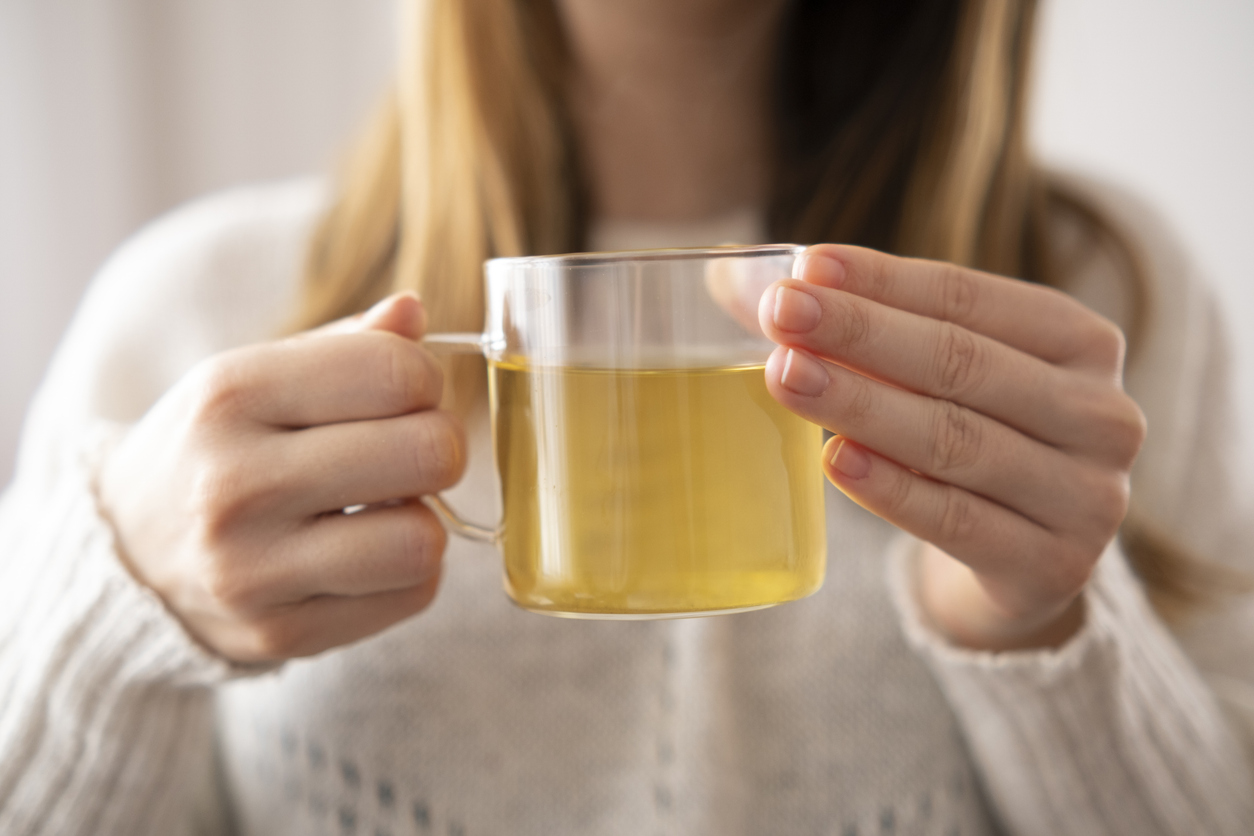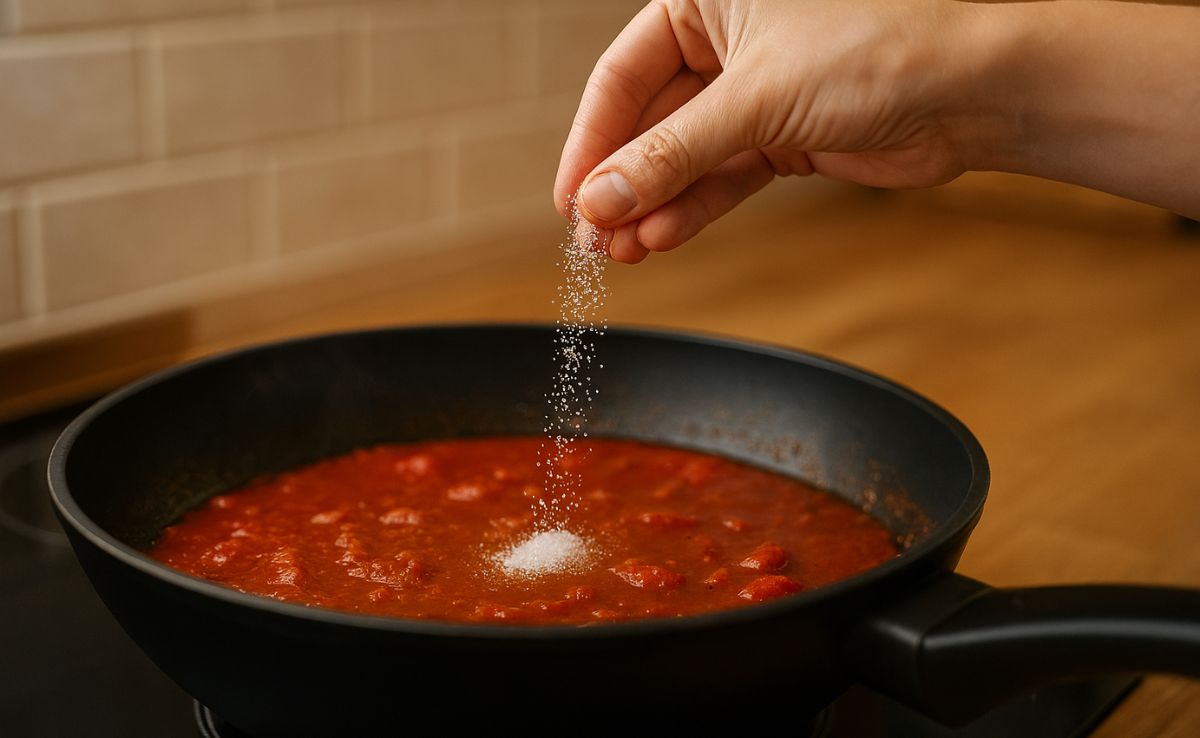Diabetes is no longer just a lifestyle issue - it is a major global health concern. According to the World Health Organisation (WHO), over 422 million people worldwide are living with diabetes, with a large number residing in low and middle-income countries, including India. In fact, India is often referred to as the 'diabetes capital of the world'. A 2023 report by the Indian Council of Medical Research (ICMR) revealed that more than 101 million Indian adults are affected by this condition.
While diabetes cannot be cured, it can be effectively managed through a healthy lifestyle, a balanced diet, and regular monitoring. Alongside conventional treatment, many Indian households turn to natural remedies to support blood sugar control. Two such time-tested herbs are bael and basil (Tulsi), both known for their potent anti-diabetic properties.
Also Read:Diabetes Management: 7 Herbal Teas, For Each Day Of The Week
How Bael Leaves Can Help Manage Diabetes?
Bael, known as 'Bilva' in Sanskrit, is commonly found in Indian households. While the fruit pulp is well-known for digestive health, its leaves have been traditionally used in Ayurveda for managing diabetes.
A study published in the International Journal of Pharmaceutical Sciences highlights that bael leaves contain bioactive compounds like flavonoids and alkaloids, which contribute to their anti-diabetic, antioxidant, and anti-inflammatory effects.
How Basil Leaves Can Help Manage Diabetes?
Tulsi is a staple in Indian kitchens and gardens, revered for its wide range of health benefits. Among its many uses, blood sugar regulation stands out.
A study by Nottingham University found that people with type-2 diabetes who took 250 mg of Tulsi daily, along with their regular medication, experienced significant improvements in blood sugar control. Tulsi's hypoglycaemic properties help lower blood sugar levels and may reduce the risk of diabetes-related complications.
Also Read: Diabetes Diet: How To Make Cinnamon Green Tea To Manage Blood Sugar

Image Credit: iStock
How To Include Bael-Basil Leaves For Diabetes?
While both herbs are effective on their own, using bael and basil together may enhance their benefits. Bael helps stimulate insulin production, while Tulsi improves insulin function and reduces oxidative stress. Together, they offer a holistic approach to managing blood sugar, supporting the pancreas, improving insulin sensitivity, and reducing sugar absorption in the intestines.
Bael-Basil Herbal Tea:
Ingredients:
- 4-5 bael leaves
- 5-6 Tulsi leaves
- 1.5 cups of water
Method:
- Boil leaves in water for 10 minutes.
- Strain and drink the concoction warm on an empty stomach in the morning.
Word Of Caution: Always consult a healthcare professional before adding herbal remedies to your routine, especially if you're on diabetes medication, to avoid the risk of hypoglycaemia.
Also Read: 5 Easy Daily Diet Routines To Control Diabetes Naturally, Expert Reveals
Bael-Basil Tea: Nature's Powerful Duo for Diabetes:
Nature offers powerful support in managing chronic conditions like diabetes. Bael and basil, deeply rooted in Indian tradition and increasingly backed by modern science, can be valuable additions to your diabetes care regimen. While they are not substitutes for prescribed medication, they may help improve blood sugar control, enhance overall health, and reduce long-term complications.
Disclaimer: This content, including advice, provides generic information only. It is in no way a substitute fora qualified medical opinion. Always consult a specialist or your doctor for more information. NDTV does not claim responsibility for this information.
About Somdatta SahaExplorer- this is what Somdatta likes to call herself. Be it in terms of food, people or places, all she craves for is to know the unknown. A simple aglio olio pasta or daal-chawal and a good movie can make her day.







